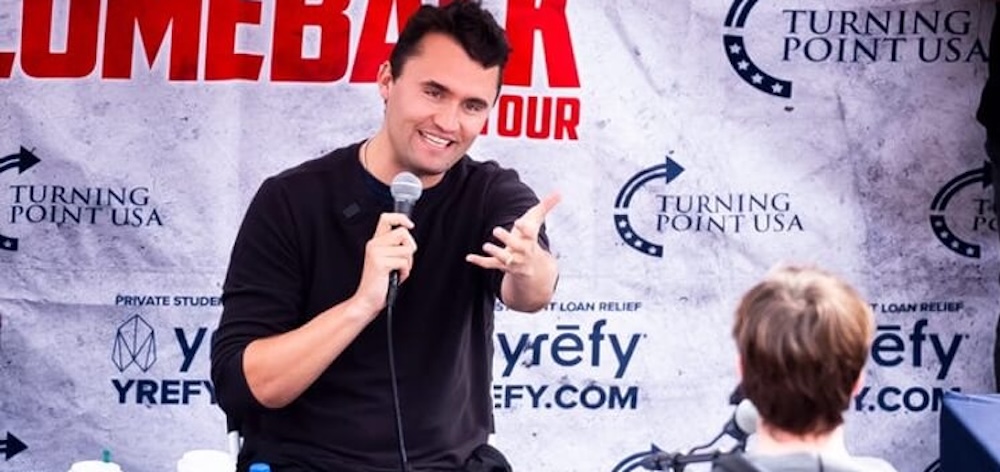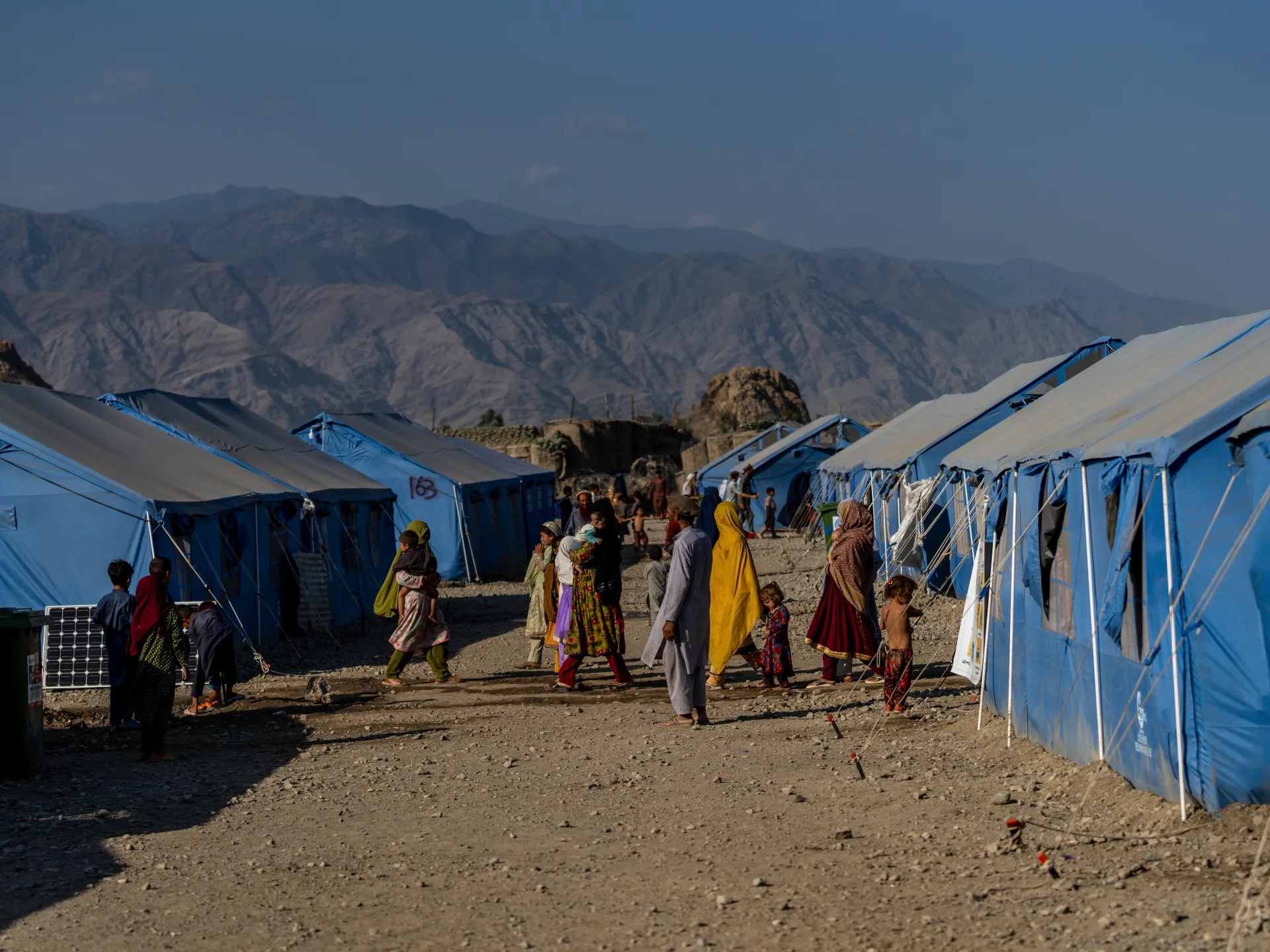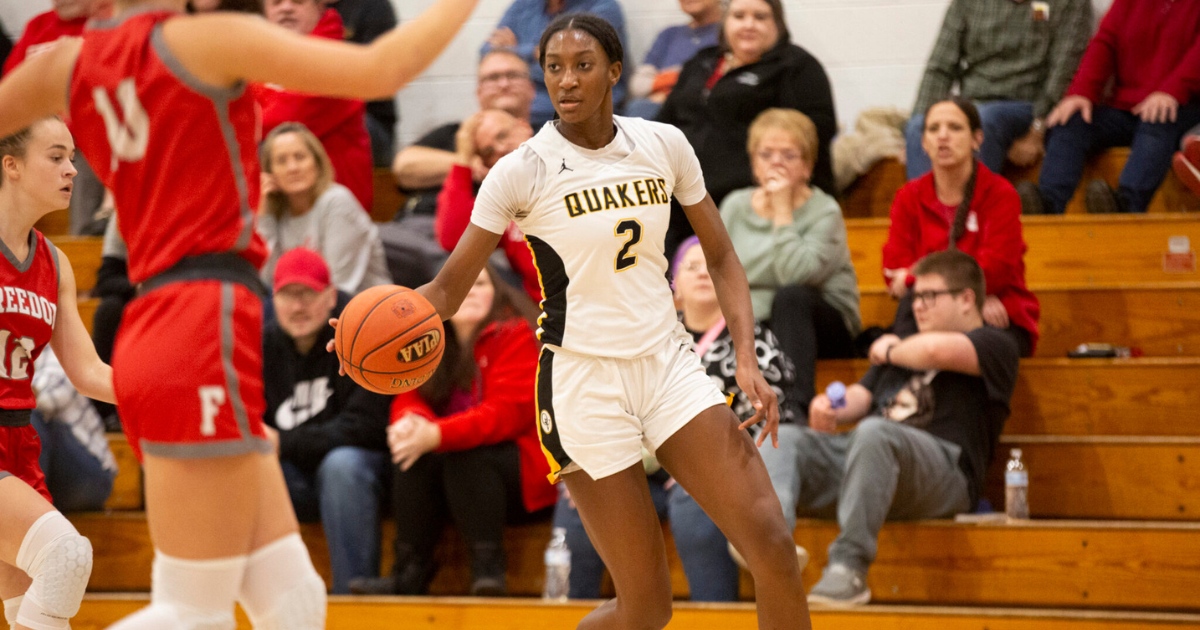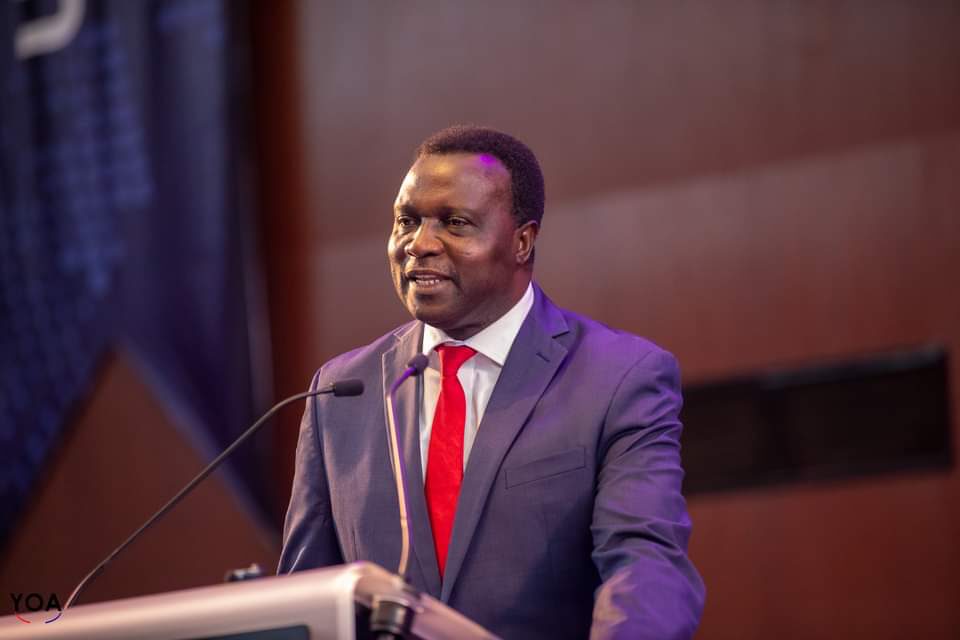By Akin Adewakun
Copyright tribuneonlineng
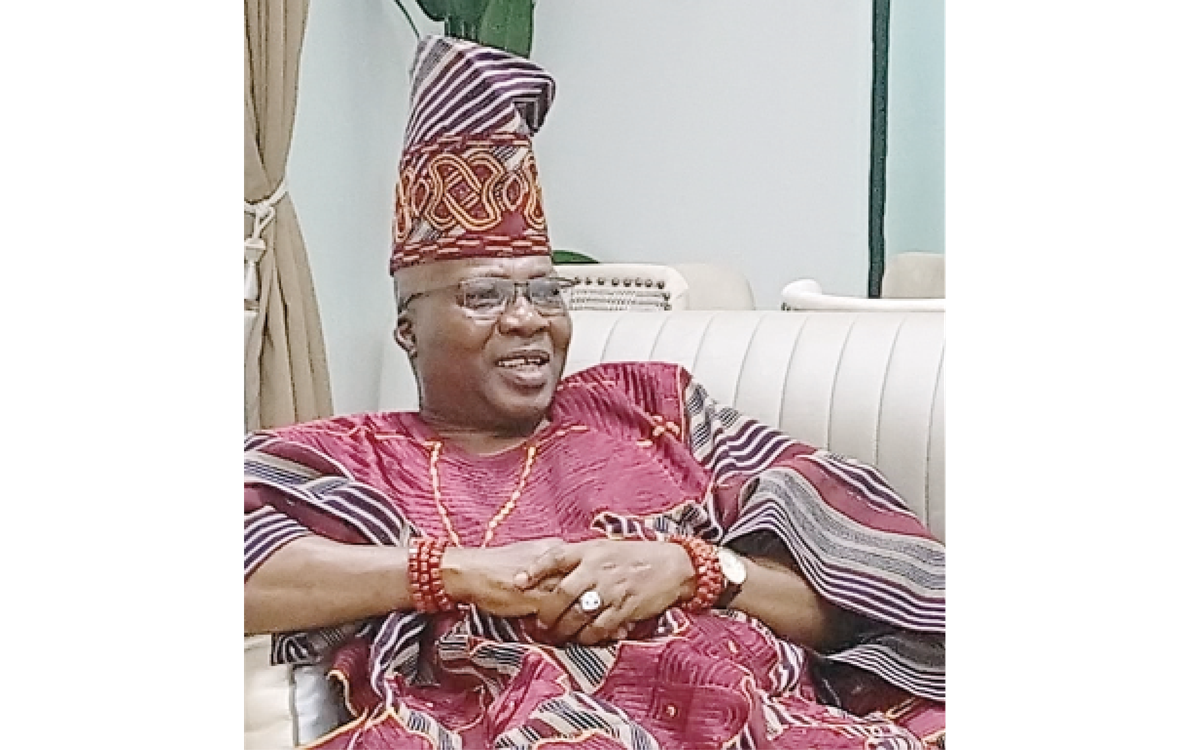
Chief Yinka Fasuyi is a man of many parts: a boardroom guru, philanthropist and community leader. In this interview by AKIN ADEWAKUN, the management consultant, who turns 70 on October 25, shares insights about his early years, what drives his philanthropic gestures and why politics is not on his radar. Excerpts:
In just a few days, October 25, to be precise, you will be 70. How would you describe your growing-up years?
Maybe I should mention a very significant historical coincidence surrounding my birth, to aptly capture my story. You might have heard of the late Oba Adekunle Aromolaran. His father, Aromolaran I, had a first child known as Prince Adeniran Aromolaran. This prince was exceedingly blessed: rich, flamboyant, resourceful and influential. People even referred to him as the Owa Onisokun, since Isokun was the family house. In Ijeshaland, the Oba is called Owa Obokun Adimula, so calling Prince Adeniran Owa Onisokun reflected the high level of reverence people had for him.
On that fateful day in Ilesha, in the afternoon, the larger-than-life Owa Onisokun observed the cloudy weather and heavy thunderstorms. He told those around him that something unusual was going to happen in Ijeshaland that day. Curiously, he passed away later that evening. Interestingly, that same evening, after his passing, I was born. So, I don’t know whether it was just a coincidence, but it was a very significant time to be born.
How about your parents?
My father’s name was Chief Jacob Olowookere Fasuyi, a businessman. My mother, Madam Felicia Sijuola Fasuyi, was also into business. So I grew up under a business-oriented environment. You must have heard of the Oshomalos in Ilesha. We were taught to be streetwise.
And how many are you in the family?
We are 23 children from seven wives. I’m the 16th. My mother had six of us. I’m her first son and the third child.
What would you say were the challenges of growing up in that type of family?
That’s one area where my family stands out to this day. The love among us children is so unique and fantastic that people use our family as a reference when talking about unity in a polygamous setting. For instance, the wedding I attended last week was that of the daughter of my late senior brother, who was also my closest companion in the family when he was alive. In our family, though not formally arranged, we just naturally find our closest confidants among children of different mothers.
Can you let us into what your secondary school days were like?
Interesting. I remember in 1971, when I was in Form Three, I became more radical. I loved social events, parties, and, interestingly, I was the one financing those parties.
Financing parties at the secondary school level? How?
I was able to do that because I had some sort of ‘privileged’ access to my father’s drawer (laughs). I don’t know how you want to interpret that (laughs). I would buy damask fabric, but couldn’t wear it at home, so I kept it at a friend’s house. There was a time in 1971 we wanted to invite Fela to play for us in Ilesha…
Who were the “we”?
My secondary school friends and I. We wanted to bring Fela to Ilesha, but he declined. Segun Bucknor was next to him in that genre, so we settled for Bucknor. I paid the full fee to bring him down to Ilesha so we could enjoy ourselves. I’ve always loved social gatherings.
Also, sometime in 1972, July 26, to be precise, when Ebenezer Obey released ‘Board Members’, I went to a spot in Ilesha where a record seller was playing the LP just to listen. I loved it so much that I started asking myself if those being praised by Obey, like Yinka Rhodes, were real people. And I said, ‘If they are, then I want to be like them’. So right from 1970, I began pursuing that path, even from my secondary school days. It became so obvious that I was nicknamed ‘The Young Millionaire’.
Why were you called that?
Like I said, I had “privileged” access to my father’s drawer. Whenever there was a party, my friends, including my seniors, would rush there early. If the party was to start at 2pm, they’d get there by 12 noon so I’d find them when I arrived. Anyone I met there would have their entry tickets paid for by me.
In Ilesha, I would go to Gbagi to buy fabrics, and whenever I did, at least two friends would volunteer to come along, knowing I’d buy for them too.
I also had a Raleigh bicycle, bought for me by my father. At Ilesha Grammar School, I was the only student riding a bicycle. On Mondays, during assembly, I would make sure I was the last to ride in and park my bicycle, just before the teachers and principal entered the hall. I carried a bag, and the way I walked then… I never thought I’d ever walk straight again! Whenever I entered the hall, the crowd would cheer: ‘Young Millionaire!’ Though I never responded.
But let me be honest: I never loved education.
Really? So, what was your career dream, then?
I wanted to become a businessman like my father. My dream was to have two or three shops stocked with building materials for sale. But everything changed when I relocated to Lagos.
What happened?
It was my late elder brother, Emmanuel Fasuyi, who was in Lagos at the time. He said, ‘Yinka, are you serious? You want to do Baba’s business? You’re not serious. The in-thing is education. Go and study. That’s not the kind of future you should be dreaming of’.
I listened to his advice and started reading again. I sat for my WAEC exams, passed in flying colours, and went to Federal School of Arts and Science, again came out in flying colours, and then proceeded to university, though not without a rough patch.
While at the Federal School of Arts, I was falsely accused of instigating a riot, which I didn’t do. The teacher investigating the incident was pursuing a girlfriend of mine and saw the situation as an opportunity to get rid of me, and he succeeded.
Luckily, I had already registered for WAEC A-Levels at the tail end of HSC 1. Though I was suspended, I was allowed to come from home to write my exams. When the results came out, I had the best grades in the school, Chemistry, Biology and Economics, which got me into the university.
Eventually, people couldn’t believe that the Yinka Fasuyi they knew from Ilesha Grammar School could ever become an academic, let alone end up in management consulting. In fact, a friend of mine once came back from the UK and saw my business card. He went outside and told people: ‘Look at Yinka. What has Nigeria become? He has added so many titles he never earned on his card’. It was the people around who responded: ‘You were sleeping in the UK. You thought you’d meet him at the same level when you returned?’
And what was the experience like when you eventually got to the university?
I was admitted to study Economics at the university. But when I got there, I was equating it with the Economics I studied at O’Level. At O’Level, I had an A2; at A’Level, I had a B. So I thought it would be an easy ride in the university. But I was wrong. It was tough, so much so that my friends advised me to switch to Political Science, saying they would flush me out of the Economics department. I even considered moving to either Political Science or Sociology.
But later on, I noticed something strange: people were actually moving from other courses into Economics. I started wondering: why were people moving into a course I was thinking of dropping? I did a bit of self-reflection and discovered it was because of Mathematics. I wasn’t very good at Mathematics. But I had a record player in school, and with Obey’s music and my Gulder beer, I was able to solve whatever difficulties I had in Maths.
In three years, I completed the course without any carryovers. And by the time I began my chain of Master’s degrees, people were wondering where all that was coming from, without knowing that God was preparing me for a role in management consulting.
What are those lessons you learnt from your dad and your mum?
Integrity. Our family in Ijeshaland is highly respected. For instance, my father was a chief in the church, but he never accepted a community chieftaincy title.
Many years ago, in 1965, the late Owa Obokun Adimula, our traditional ruler, was to be succeeded. There was a man named Ladejola Ogini, very wealthy and a friend of Chief S.B. Bakare, the first Ijesha to own a house on Oyinkan Abayomi, Ikoyi (now Queens Drive). Ogini was lobbying to become the Owa Obokun of Ijeshaland and money was flowing. It was almost like the stool could be bought. In the mornings, Ogini would dance in a limousine and pass in front of my father’s shop.
One day, my father called me and asked me to go to a church in Aragan (now Araromi). He said, “When you get to the house immediately after that African Church at Aragan, ask for this person and tell him to come and see me.” The person turned out to be Loja of Okebode, Adeniran Agunlejika.
When Loja Adeniran eventually became the Owa of Ijeshaland, he moved into the palace formally on Friday, 24th of September, 1966. A few months later, he approached my father and told him he wanted to confer on him the title of Oba Odo, one of the six highest chieftaincy positions in Ijeshaland and one of the kingmakers. But my father declined, saying he was content with church titles. That is the kind of background I come from.
When my father died on the 10th of May, 1979, Obas were traditionally not supposed to see corpses. However, the Owa called all of my father’s wives to the palace and slaughtered two cows, saying it was his father who had died. At the Thanksgiving service, it was Oba Peter Adeniran Agunlejika himself who led the family to church.
You have not really told us how you came across the Asiwaju title.
By the time I moved to Lagos in 1974, I was surprised to see that Obey, who would not perform for less than 2,000 people, was playing in the sitting rooms or backyards of people for gatherings as small as 40. I thought it was impossible. But what it actually meant was that people would just invite their friends and a few others and call Obey to play.
So about 17 years ago, I decided to try something similar. I called three of my friends, one of them was the Managing Director of African Petroleum and another was a businessman. I mooted the idea, and they accepted. I reached out to Obey, and he started coming. After some time, Obey started calling me ‘Asiwaju Ibadan Group of Four’. When he was performing, he would call me ‘Asiwaju Ibadan Group of Friends’.
Ten years ago, during my 60th birthday, we had an eight-day event. King Sunny Ade performed on the sixth day (Friday), and Obey played on Sunday, the 25th of October, 2015. The party was held in Ibadan, not Ilesha. Some chiefs came from Ilesha, and throughout the event, Obey kept calling me ‘Asiwaju Yinka Fasuyi’.
One of the chiefs who attended, Chief Ayo Agbede, went back to Ilesha with the brochure of my Ibadan Business School, the brochure of Supreme Management Training, the program of events, and the list of attendees. He took everything to Oba Aromolaran and discussed the possibility of conferring the Asiwaju title on me. The Kabiyesi was not new to my family; my late younger brother was a confidant of the Owa. In fact, the Owa used to spend the night at my brother’s place whenever he was in Lagos.
Eventually, on July 6, 2016, Kabiyesi agreed to make me the Asiwaju of Ijeshaland. I was attending a party when the news reached me, and it was Ebenezer Obey who was playing. When I showed him the text message, he stopped the music and began to sing about how his prophecy had come to pass. It was actually Commander Obey that I would say God used to make me Asiwaju.
For you, what is it like being 70?
One needs to appreciate God. When I was at Total Energies, I used to call some of my bosses ‘Baba’. Interestingly, those people were in their late 40s, not even 50s. And if we go by the Bible, 70 is considered an advanced age. Statistically, life expectancy in Nigeria today is about 62 or 63 for women and 60 for men. So what that means is, I am already living beyond the life expectancy. From any angle you look at it, turning 70 is a reason to give glory to God.
What are your plans to celebrate this?
We are having a nine-day programme to mark the event. The first day will be a Jumat service. On the second day, there will be an Ayo game competition with prizes for winners. The third day, Sunday, will feature a musical orchestra.
On the fourth day, there will be two activities: a visit to the less privileged—especially those in hospitals. Many people don’t realise that some patients are detained in hospitals because they couldn’t pay N10,000. Some can’t even afford vital tests that cost N5,000 or N6,000. I want to visit these hospitals and help offset some of those bills. Later that day will be the Cultural Day. On Day Five, we will be launching the Ijesha Development Fund. It’s a novel initiative. Development is not something the government alone can handle. Decades ago, our communities built schools and health centres. This was even before the oil boom of 1956. Today, however, communities no longer participate. They’ve been sidelined. Through the Ijesha Development Assembly, we are bringing back community participation as the fourth tier of government. Community involvement is good for Nigeria.
ALSO READ: FULL LIST: 43 past Olubadan of Ibadanland
Day Six will feature a lecture in the morning to be delivered by Ambassador Yemi Farounbi, the renowned broadcaster and diplomat. In the afternoon, which also marks the ninth anniversary of my installation as Asiwaju (and that of Yeye Asiwaju), we’ll have an Anniversary Evening Dance. On Day Seven, the Yeye Gbobaluyi Adimula of Ijeshaland and their members will come to visit me as their patron. Day Eight, the Ijesha youth will carry out a sanitation exercise in my honour. That same morning, I will dedicate a guest house I built for my church, Cathedral of Holy Trinity Church of Ilesha.
The final day, the grand finale, will begin with a thanksgiving service at Holy Trinity Church of Ilesha, where all my guests will join me in appreciating God. After that, we will proceed to the Reception, where Obey will perform.
Are you considering going into politics to further serve your people?
When you ask the average Nigerian, ‘Why are you going into politics?’ they’ll usually say, ‘I want to serve’. But my response has always been: You don’t have to be in politics to serve. I have been serving Ijeshaland for the past nine years, and I am not in politics. So, you don’t need to occupy a political office before you can serve the people. If the true objective of going into politics is to serve, then I am already serving my people.
